Australia's eagerness to include Japan in the AUKUS security collaboration is expected to ignite further tensions in the Asia-Pacific region, according to experts. The move comes as Australia seeks to strengthen its alliance with Japan on technological advancements.
According to a report from Japan's Kyodo News agency on Sunday, Australian Deputy Prime Minister and Defense Minister Richard Marles said Australia wants to "work more closely with Japan" on technological developments, acknowledging that the Asian nation is a "place of innovation" and is "at the cutting edge of technology".
"I think it is natural that we would be talking about a greater level of cooperation between the three countries — US, UK and Australia — and Japan, in terms of joint collaborations going forward," Marles said in an interview with Kyodo in the Australian capital.
By saying so, the minister is said to have expressed his keenness in Japan's participation in AUKUS, which has two pillars: the acquisition of nuclear submarines, and advanced capabilities in areas such as artificial intelligence and hypersonic missiles.
"As pillar two becomes more mature, which is going to take some years, … I think there is an opportunity at that point to look at how we can cooperate with Japan in relation to that," he said.
Chen Hong, director of the Australian Studies Center at East China Normal University in Shanghai, said the potential expansion of the military collaboration scheme will introduce additional uncertainties in the region.
As Australia and its Western allies endeavor to establish military and technological barriers, Japan's push for remilitarization adds complexity and exacerbates regional tensions, according to Chen.
AUKUS, initiated in 2021, is a trilateral security partnership among Australia, the United Kingdom, and the United States. Its primary aim is to equip Australia with nuclear-powered submarines and counter China's growing influence in the Asia-Pacific region.
Chen criticized Australia and Japan for exploiting the military collaboration for their interests.
"The 2024 US presidential campaign is well underway and there is a federal election in Australia next year. AUKUS is faced with more uncertainties and Australia now is very anxious about whether Donald Trump would support the agreement if he were to be reelected as president in 2024," Chen said.
"Therefore, by inviting Tokyo into the second pillar collaboration of AUKUS, Canberra dreams of getting more solid support from US allies and obtaining some cutting-edge technology through the collaboration," he said.
Daryl Guppy, an international financial technical analyst and former national board member of the Australia China Business Council, highlighted that Australia's move aligns with Japan's aspirations to expand its military capabilities.
"AUKUS has a core nuclear component that is not available to others. This desire to work more closely with Japan is better placed in the context of the Quad agreements and the non-nuclear components of AUKUS," he said. Quad Security Dialogue, or Quad, is an informal strategic dialogue between India, the US, Japan and Australia.
'Arms race'
Guppy predicted that under current trends, military cooperation between Japan and Australia will likely expand to meet Japan's ambitions, going beyond the restrictions imposed by its pacifist constitution since World War II.
"This could potentially lead to an arms race, disrupt regional stability, and generate unease among other countries in the region," he warned.
Li Jianjun, director of the Australian Studies Center at Beijing Foreign Studies University, said the fact that Marles has publicly welcomed Japan to use Australia's vast continent as a testing ground for long-range missiles is a clear indication of Canberra's support for Tokyo's development of military offensive capabilities.
"These actions would not only undermine security in the Asia-Pacific region but also tarnish Australia's long-standing international image as a country committed to peace," Li said.
Li mentioned that there are many voices in Australia that criticize the feasibility of AUKUS and doubt whether Australia needs nuclear-powered submarines and whether the trilateral plan will deliver them.








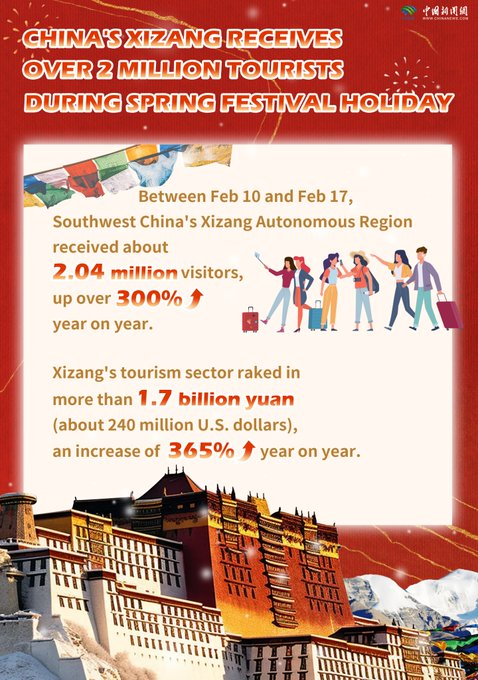
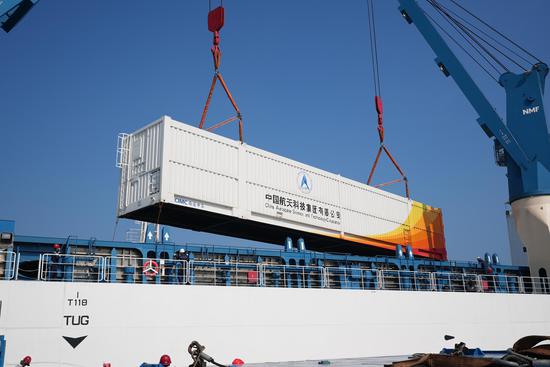
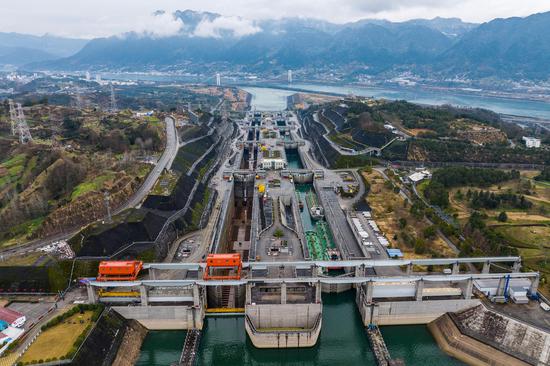




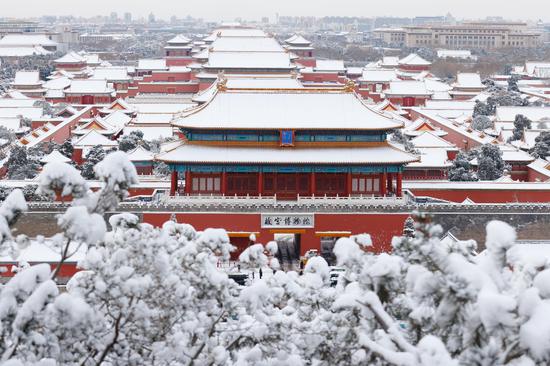



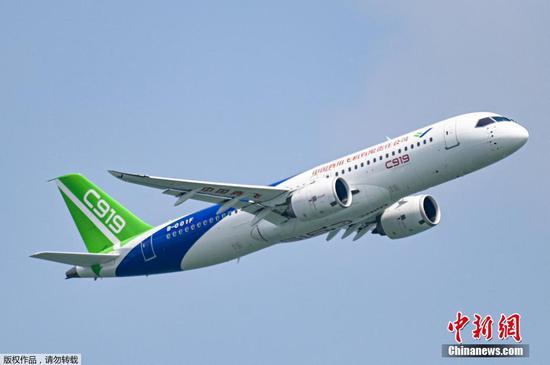


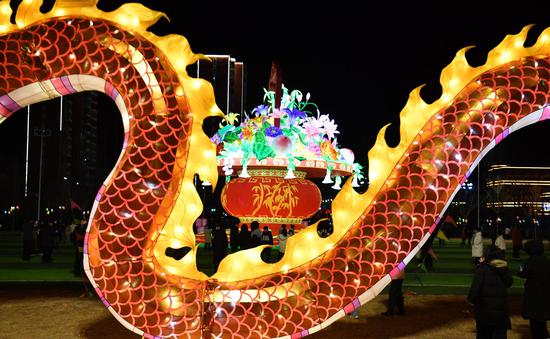

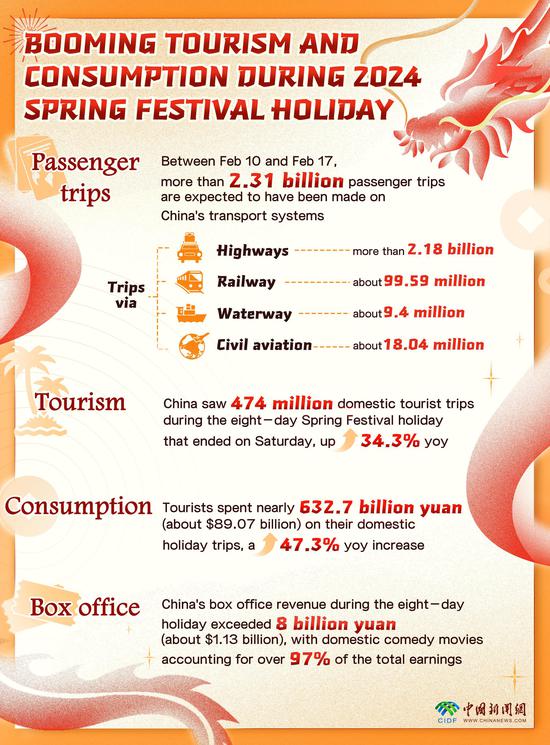
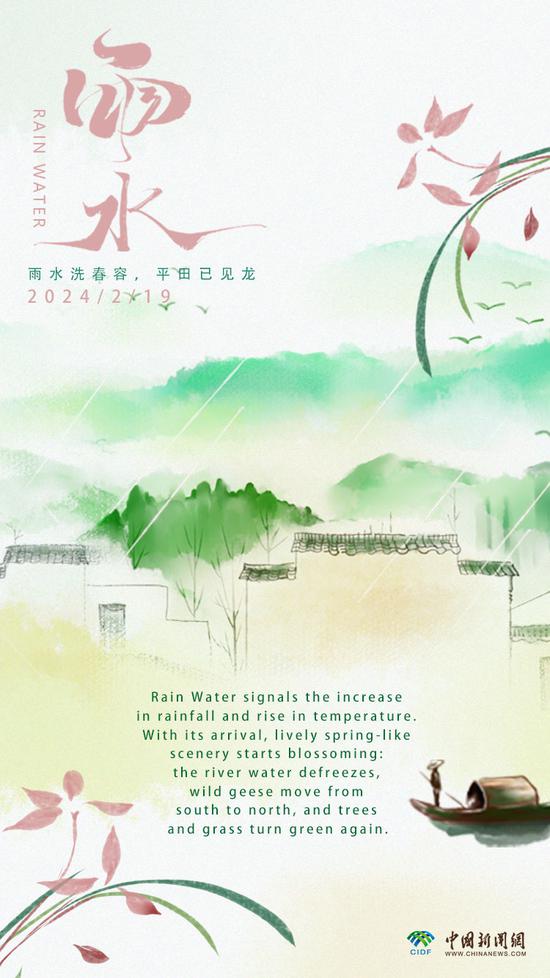

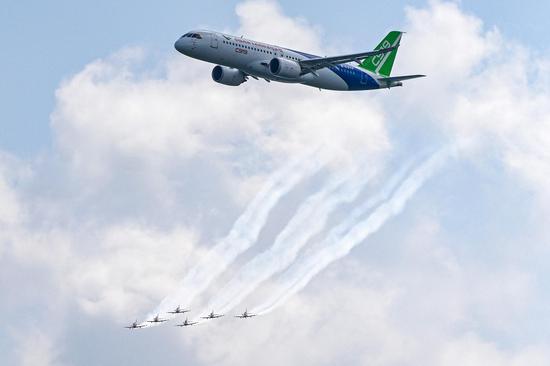
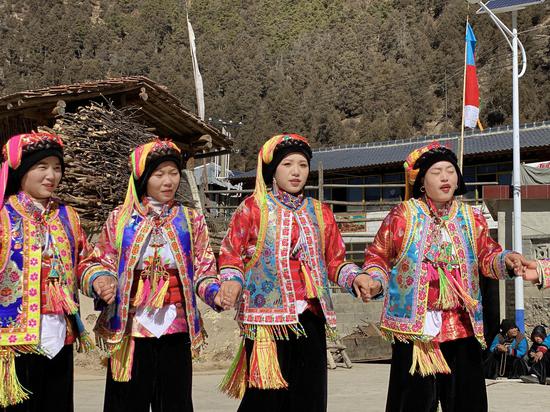

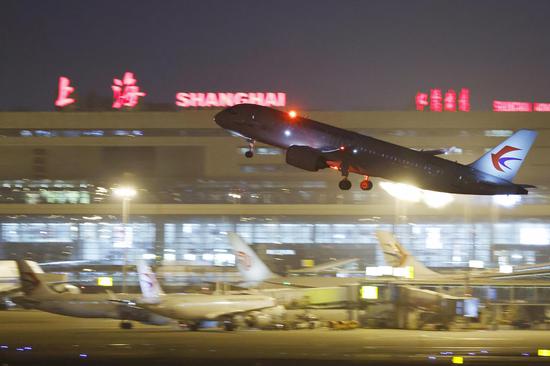
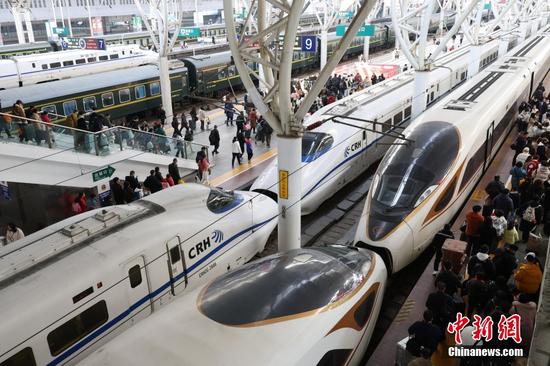
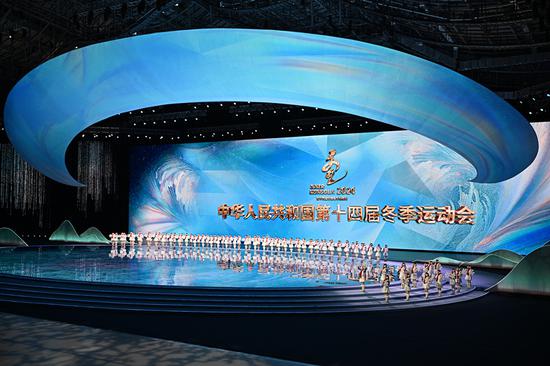



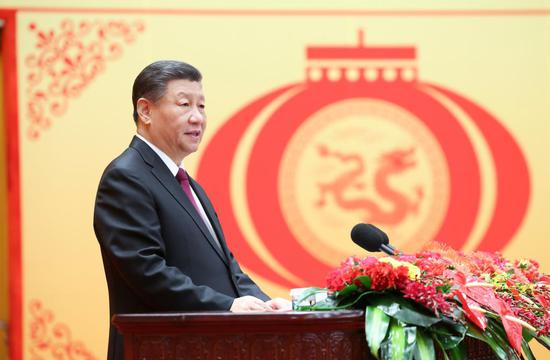

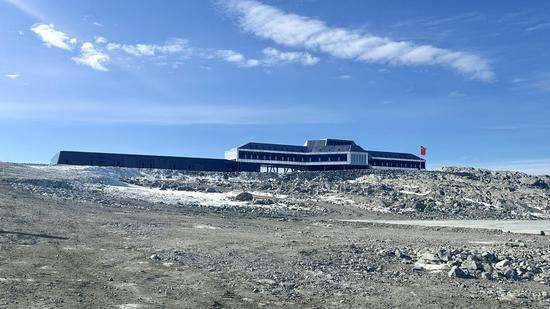











 京公網安備 11010202009201號
京公網安備 11010202009201號